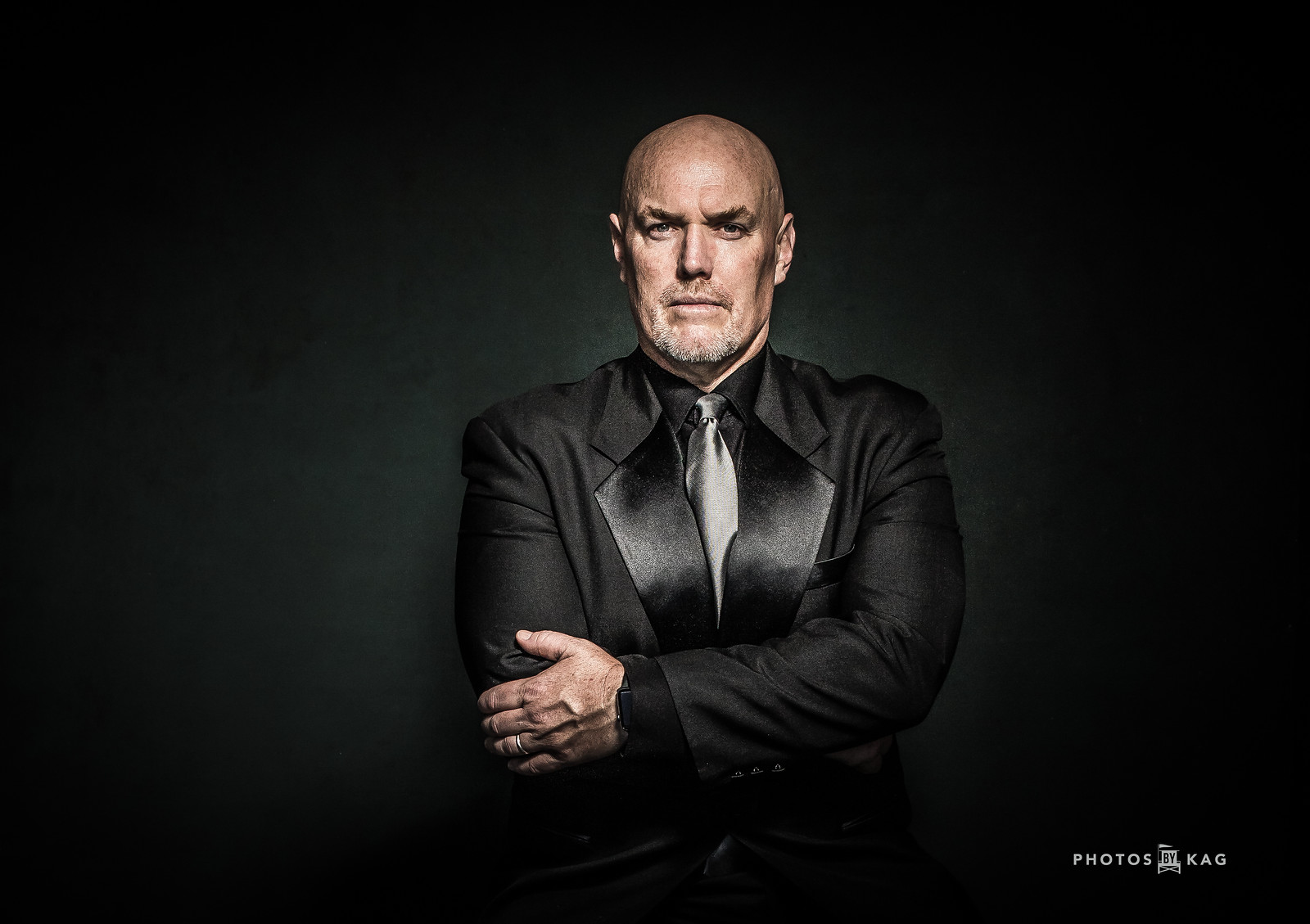
When Kevin Gilligan ’90 received the UCLA Award in 2016, it was for his more than two decades of experience as a prosecutor with the Office of the Los Angeles City Attorney. Working in high crime, low income areas of South Los Angeles, he got to know the community he serves and focused on changing the institutions that foster violence. He brought criminal charges against the president of a major U.S. lending institution for failing to maintain vacant and blighted foreclosed houses. He prepared gang and narcotic cases against locations that have negative effects on neighborhoods in order to take out gang headquarters. And St. Michael’s Church honored him with their first “Guardian Angel Award” in 2008.
Gilligan’s interests and talents expand beyond the law to include surfing, mixed martial arts and photography. In fact, he is a professional event and portrait photographer whose pieces have appeared in 10 exhibitions. He will claim that his work as an attorney — culling evidence, soliciting testimony and drafting arguments — is unrelated to his creative process. However, his latest solo exhibit, “Developing Men,” consisted of three equally weighted elements: photos taken by Gilligan (evidence), a series of interviews (testimony) and an essay (argument).
The intention of “Developing Men” was to explore the meaning of masculinity at this particular moment in time. Gilligan received sponsorships from Tamron Lenses USA and Manfrotto to support the 18 months that he devoted to the project, and he just had a showing at Resin, the gallery space of South Bay Artist Collective. Gilligan says the feedback he heard the most was that the exhibition had created space for much needed discussions. This dialogue is perhaps the sharpest distinction between Gilligan’s creative work and his legal work, which is intended to culminate in a definitive case. He believes that it is also the most valuable thing that the exhibit could offer.
As we enter men’s health awareness month, we are reminded that men die by suicide at three-and-a-half times the rate that women do and that the majority of mass shooters in America are men. While men still hold tremendous levels of power in the U.S. and globally, Gilligan points to these facts as indicators that many men are silently and deeply struggling. His writing addresses these points and others, as well as evaluating his own biases and perspectives. His portraits portray men in moments of strength and comfort, either posed in a studio or doing an activity that has meaning for the individual. His interviews, however, offer a look at the history and inner lives of these men, their weaknesses, fears and more — a juxtaposition to the polished, static photos.
The entire project can be found online at photosbykag.com/Developing-Men.
Eric Busch '90
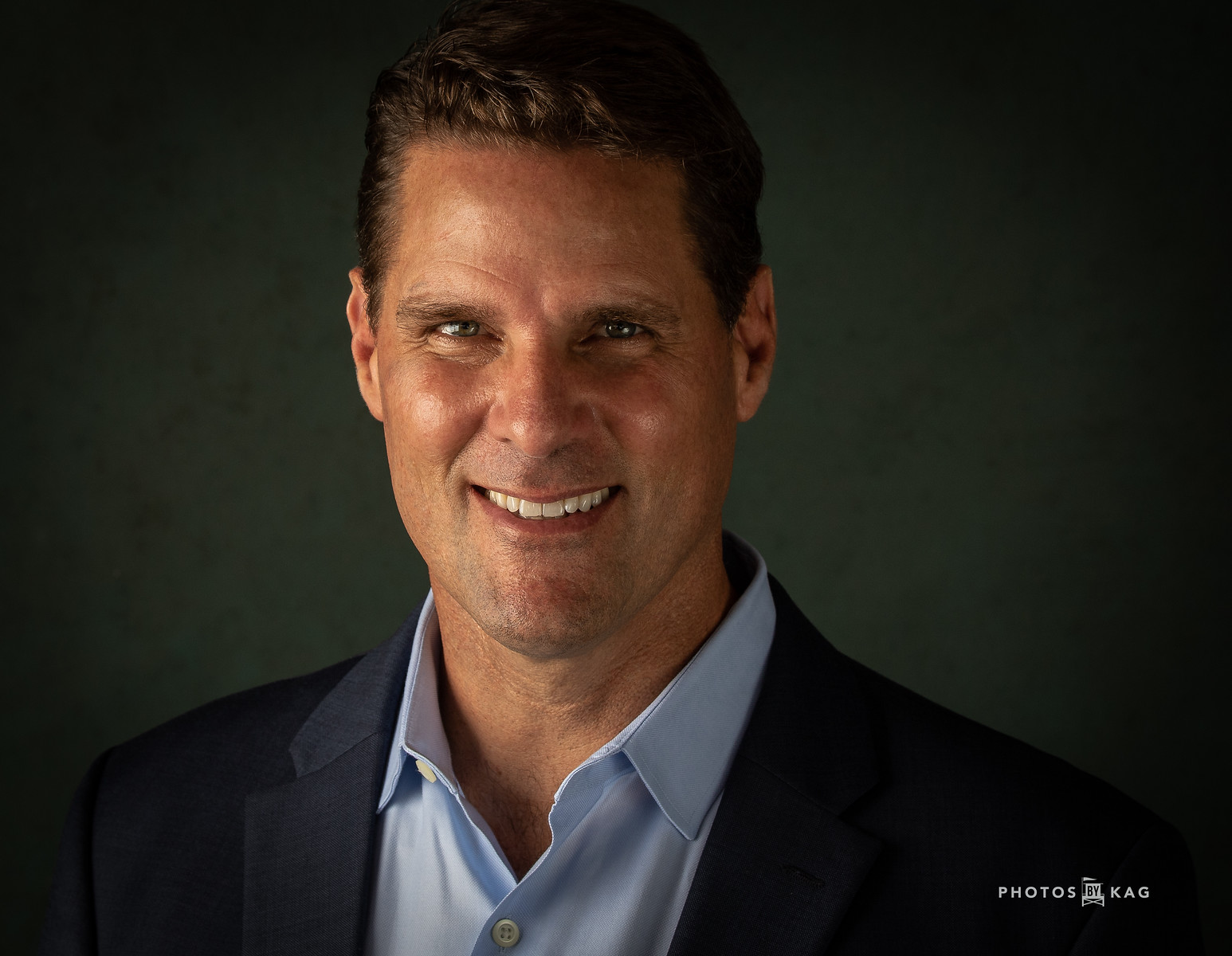
“Being the one that protects the family is a long, continuous line of solid decision making. If you’re able to be that force of strength and protection for your family, that is a position of honor, and that is something that takes a lifetime to achieve.”
Frank Levy
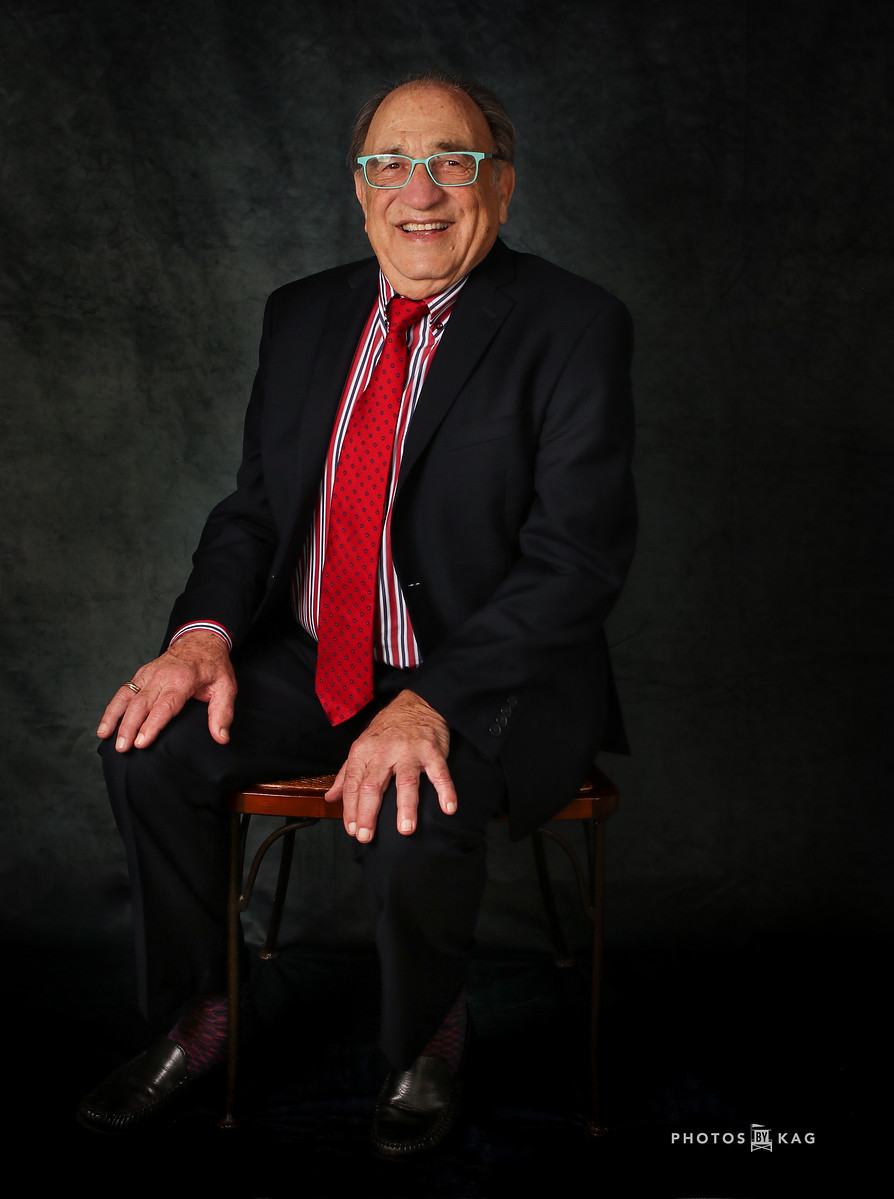
“My dad left the following message to me on his deathbed in Germany: ‘Always require intellectual honesty. Begin with yourself. Permit no one, including yourself, to get involved with duplicity. To win, you must face reality as it is, not as you wish it to be. You too must face it on a sound, ethical basis. Invest a great amount of time in good men. Live and think with them and dream with them.’”
Don Sanders ’73, M.S. ’76, M.D. ’79
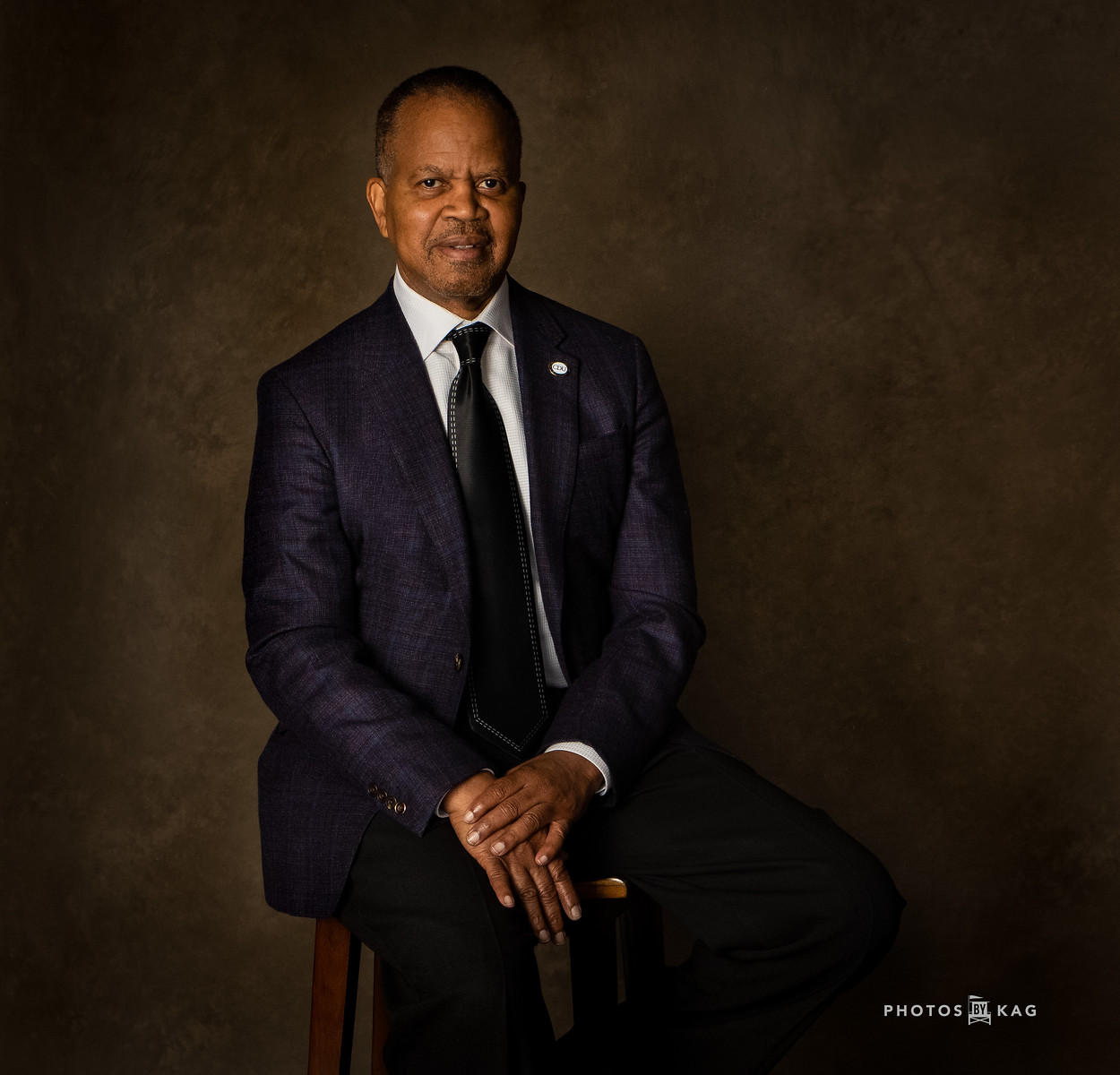
“I’ll take somebody my age and say, ‘How many times were you stopped by the police growing up?’ It’s very rare you’ll have somebody who runs out of fingers counting. And I can tell them it’s happened countless times for me personally. One officer told me that he was stopping me because most of the crime in Westwood was committed by young blacks like me.”
Mitch Tavera
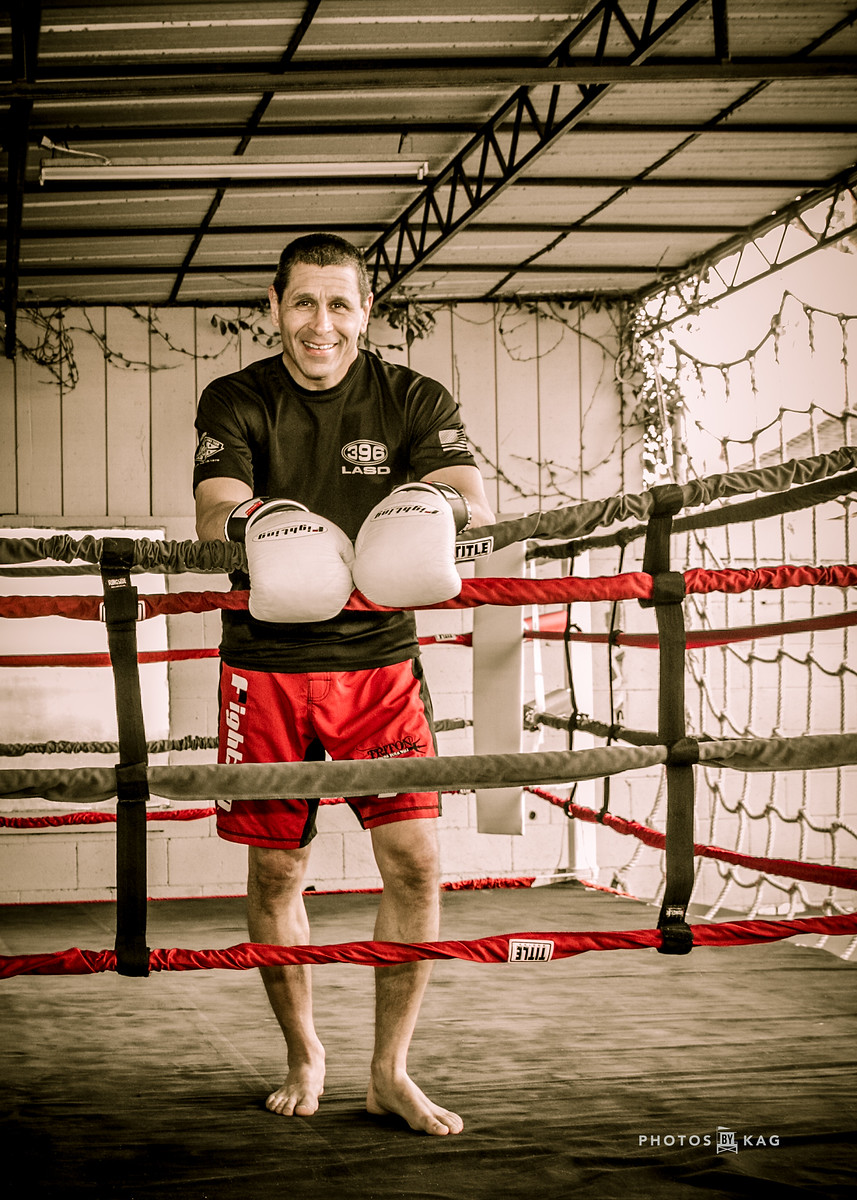
“I think it’s very important for us to show those around us that we love them. And that’s something that I think we need to do as men, to teach our kids. Teach them to be strong. Teach them to be intelligent. Teach them to have a thirst for wisdom and treat other people as they want to be treated.”
Brian Williams ’86, J.D. ’89
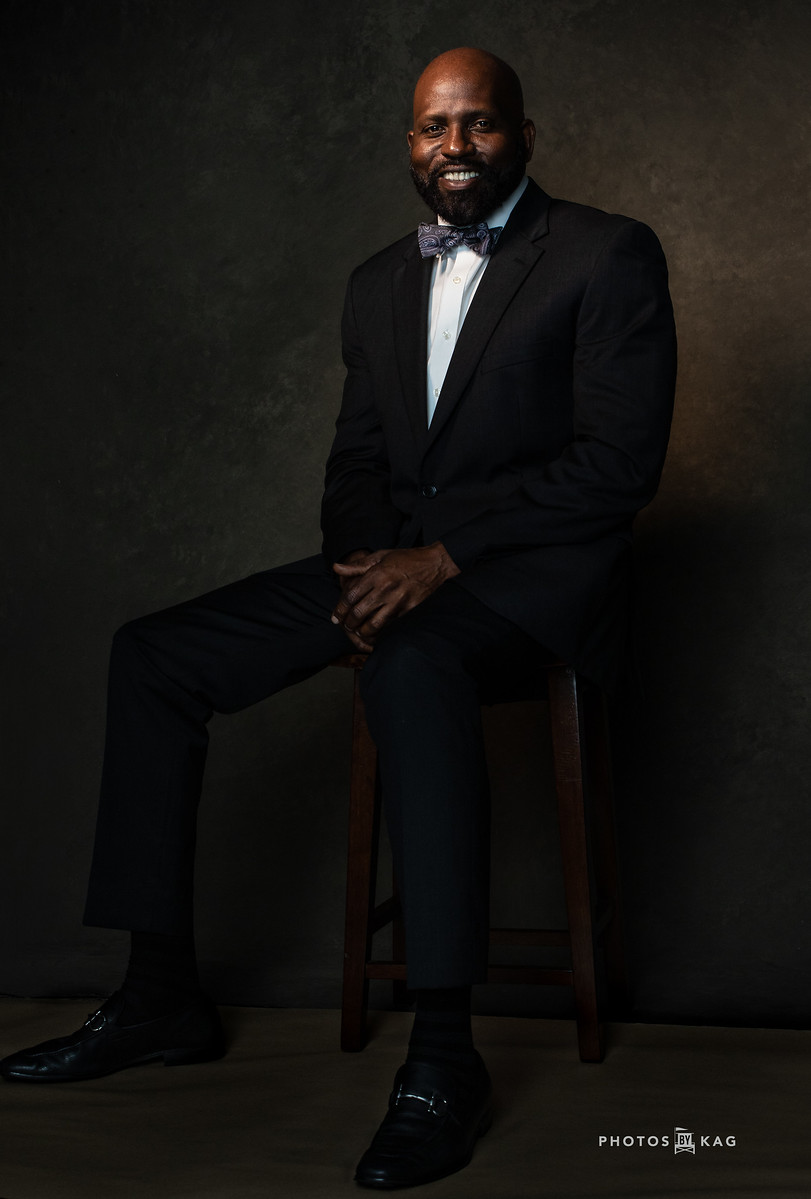
“It’s the most difficult period in your time, even though you’re probably at your greatest earning potential. Your parents are getting older. Your kids are on their way to college, and that’s an expensive time for you. You have to now figure out how to deal with your spouse because your whole life has been geared toward those kids. Then you have friends who are your contemporaries who are literally dying, so you begin to think about your own mortality. That’s why it’s so important for us to have these horizontal relationships with other guys who are going through the same things.”